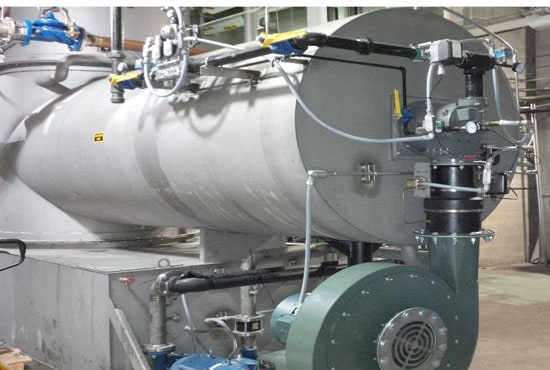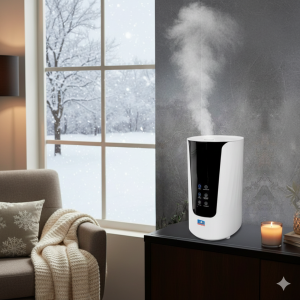A heating system is a fundamental part of industrial operations for manufacturing, energy generation, or simply for obtaining domestic hot water, it will be highly recommended to be aware of important parts of it, as well as its main stages, before thinking about buying one and start using it.
One consideration comes into the manufacturing stage. That is, as a customer, you must demand the evaluation processes to which a certain heating system was subjected, a parameter described by quality management and regulatory standards that attributes to the characteristics of a certain product. Therefore, if you require a specific structure in your industrial warehouse, with a special design, then the manufacturer of your need will have to comply with the parameters of your boiler design, according to the activities carried out.
In the commissioning stage of the industrial water heater, specific documentation must be required in each case, especially when dealing with pressure mechanisms. Generally, the main rules are that before commissioning, it will be necessary to carry out tests in the place where the system will be located, all for the common good… the verification of optimal operability, as well as the safe conditions that these must-have structures, according to the criteria of the most important regulations worldwide.
A prior consideration is the start-up, which involves essential inspections, and determining the schedule of activities. Before commissioning, the corresponding authorities will have to inspect the new system, according to the specific instructions of the system manufacturer. Other factors of contemplation are through previous examinations, washing, thorough check of components of the industrial water heater – play side, water, smoke, among others -, review of all valves, cooking and filling operation, and check of various accessories. By doing all this, a safe and favorable determination will be made that a heating network is in perfect condition for operation in an industrial or commercial area.
Explosion scenarios or conditions in an industrial water heater
Whatever the type of boiler in a given company, there must be regulations for all the equipment that will be available, as well as manufacturers’ specifications and their reputation in this type of structure with pressure elements. The work materials must also be taken into account, such as type of metal, vitrification, and other alloys, as well as their thickness, dimensions, and the pressure they can withstand depending on the nature of the work.
With all the documentation, technical directions, certificates, declarations of conformity, and diagrams related to the operation of the system, it provides peace of mind to start the operation of the heating equipment. However, there will always be the risk of explosions in systems of this class.
The main problem with the boiler when it has been in use for a long time is not being aware of the preventive maintenance required, in different periods according to the manufacturer’s instructions or regulations; Each section or component requires checking and maintenance, whether monthly, bimonthly, etc. General maintenance has to be at least semi-annual, perhaps annually at most, depending on the factors of use and according to the pressure and temperature to which they are subjected daily.
Substances and impurities accumulated in the systems will lead to wear of the heating structure, which generates mechanical losses in it, especially in metals, essential for resistance to thermal and tensional stresses. There are at least five circumstances that are potential catalysts for industrial water heater explosions:
- Flame failures, especially in control.
- Negligence in level controls.
- Indifference in safety valves.
- Laxity in checking gas sweeps.
- Failures in pressure controls.
To prevent these risky explosive scenarios within the installation of industrial boilers, it is essential to fully comply with the regulations, with the specific indications of operational tasks, and of course, their preventive maintenance, not only in tanks and pipes but in each system component.




